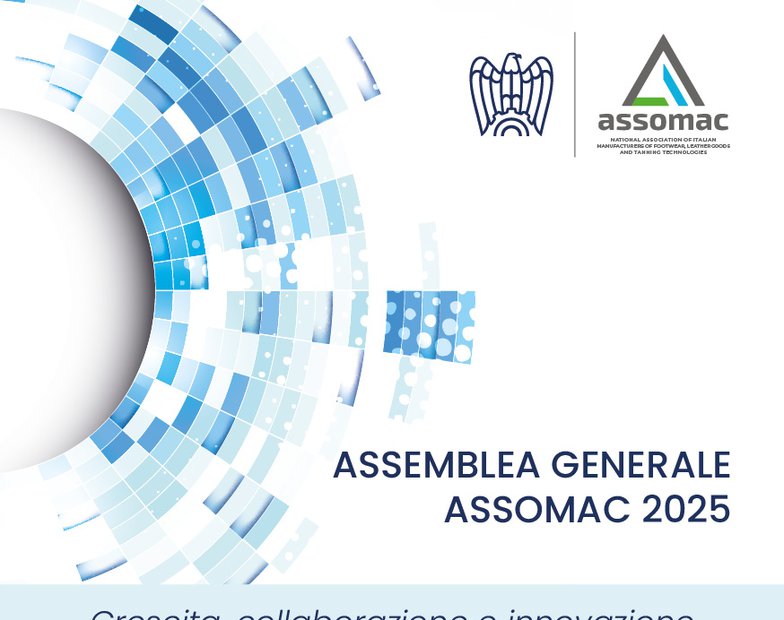PLA is the most widely used material for 3D printing, pellets, injection-and-extrusion-molded products, textiles and non-woven fabrics. Tejin Frontier Co Ltd, the Teijin Group's fibres and products converting company, says it has developed a practical polylactic acid (PLA) resin that biodegrades faster in oceans, rivers and soil compared to conventional PLA products. [Teijin Frontier Develops Practical, Highly Biodegradable PLA ...]
The new plant-derived PLA resin from Teijin can be processed and moulded the same way as any other conventional PLA polymer, with the scope of reducing microplastics in the environment.
The new PLA resin from Teijin is expected to help reduce microplastics thanks to its accelerated biodegradation rate as well as reduce CO2 emissions during product lifecycles since it is made from plant-derived raw materials, says the company.
“It can be processed and moulded in the same way as conventional versions for the production of resins, films, injection and extrusion moulded products, textiles and non-woven fabrics.
Conventionally when PLA polymer is hydrolysed to less than 10,000Mn (average molecular weight) it can be broken down into carbon dioxide and water by bacteria and fungi. The biodegradation accelerator added by Teijin Frontier hastens hydrolysis to reduce the molecular weight more quickly than in the case of PLA polymers without such additives, thereby enabling faster biodegradation in oceans, rivers and soil.
Accordingly, the decomposition period—about six months to two years according to verification tests conducted by Teijin Frontier—can be controlled by adjusting addition conditions and the amount of biodegradation accelerator.
Teijin says the production and selling of pellets, injection-and-extrusion-molded products, textiles and non-woven fabrics made with this new PLA resin will begin in 2023 (ending in March 2024), targeting sales of several hundred million Japanese yen by fiscal 2026.
PLA resins, which are generally made from plant-derived ingredients and are biodegradable, are used in a wide range of products due to their high crystallinity and practicality. Although biodegradation performance is acceptable under hot, humid compost conditions, the rate is slowed down greatly in oceans, rivers and soil, resulting in the presence of residual microplastics for long periods of time.
Under Teijin’s ‘Think Eco’ environmental initiative, the company is striving to improve its environmental value by developing greener materials and products for applications ranging from clothing to industrial materials.


